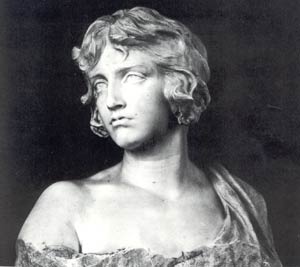Today is, according to many, the anniversary of the eruption of Vesuvius in the Bay of Naples in 79 CE. Pliny’s account is the most famous, but Martial had his say too (Epigrams, 4.4):
“Here is Vesuvius, recently verdant with shading vines–
here the noble grape weighed made filled deep pools:
these were the hills Bacchus loved more than Nysae–
On this mountain the Satyrs not so long ago led their dance.
Here was the home Venus considered more pleasing than Sparta.
This place was famous because of its Herculean name.
All of this lies covered in flames and sorrowful ash.
Not even the gods wished for this to be their right.”
Hic est pampineis uiridis modo Vesbius umbris,
presserat hic madidos nobilis uua lacus:
haec iuga quam Nysae colles plus Bacchus amauit;
hoc nuper Satyri monte dedere choros;
haec Veneris sedes, Lacedaemone gratior illi; 5
hic locus Herculeo nomine clarus erat.
Cuncta iacent flammis et tristi mersa fauilla:
nec superi uellent hoc licuisse sibi.
Mount Vesuvius is thought to have erupted #onthisday in AD 79. This fragment of a wall painting may depict the owners of a house in Pompeii pic.twitter.com/fMspVy8wXO
— British Museum (@britishmuseum) August 24, 2017









